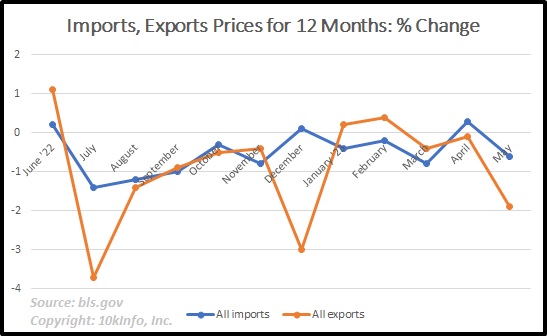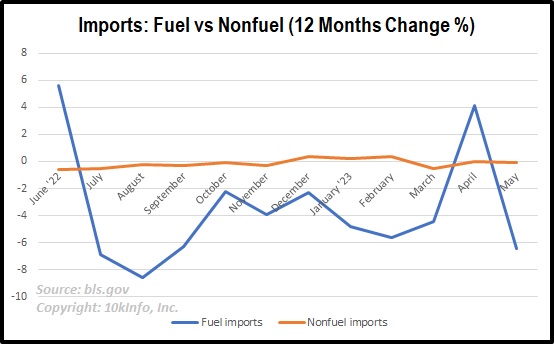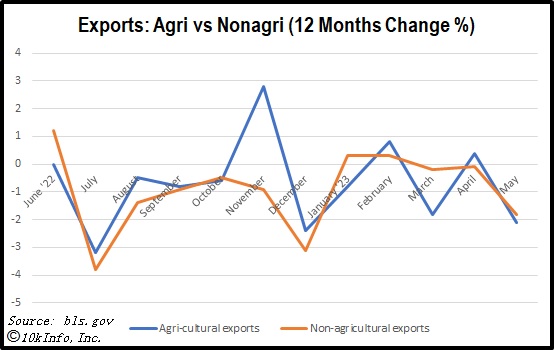Latest News by Industry
Technology
Show more
Groupon: Q4 Earnings Snapshot
•
Mar 11, 2025
Synchronoss: Q4 Earnings Snapshot
•
Mar 11, 2025
Trump says TikTok deal is in the works. Here's where things stand with the company
In less than a month, TikTok could have one or a few new owners, be banned again, or simply receive another reprieve to continue operating in the U.S. Questions about the fate of the popular app has continued to linger since a law requiring its China-based parent company to divest or face a ban took effect on Jan. 19
•
Mar 11, 2025
Oil & Gas
Show more
Healthcare
Show more
Manufacturing
Show more
Wall Street falls in a manic day after briefly dropping more than 10% below its record
The U.S. stock market fell further following President Donald Trump’s latest escalation in his trade war, briefly pulling Wall Street 10% below its record set last month
•
Mar 11, 2025
FuelCell Energy: Fiscal Q1 Earnings Snapshot
•
Mar 11, 2025
Ciena: Fiscal Q1 Earnings Snapshot
•
Mar 11, 2025
Finance Insurance & Real Estate
Show more
Explainer: What's a recession and why is rising anxiety about it roiling markets?
Stock markets are plunging, consumers and businesses have started to sour on the economy, and economists are marking down their estimates for growth this year, with some even seeing rising odds of a recession
•
Mar 11, 2025
At Southwest Airlines, checked bags will no longer fly for free
Southwest Airlines will begin charging customers a fee to check bags
•
Mar 11, 2025
Delta Air Lines lowers outlook, says economic uncertainty driving softness in domestic demand
Delta Air Lines slashed its first-quarter earnings and revenue outlook Monday, saying that a recent decline in consumer and corporate confidence amid growing uncertainty over the economy is driving softness in domestic demand
•
Mar 10, 2025
Retail
Show more
US factories likely to feel the pain from Trump's steel and aluminum tariffs
President Donald Trump is once again lashing out at three of his biggest irritants: foreign steel, foreign aluminum and Canada
•
Mar 11, 2025
Kohl's: Fiscal Q4 Earnings Snapshot
•
Mar 11, 2025
Stock market today: Wall Street ends its wild week with what else but more swings
U.S. stocks rose, but only after careening through another wild day
•
Mar 7, 2025







